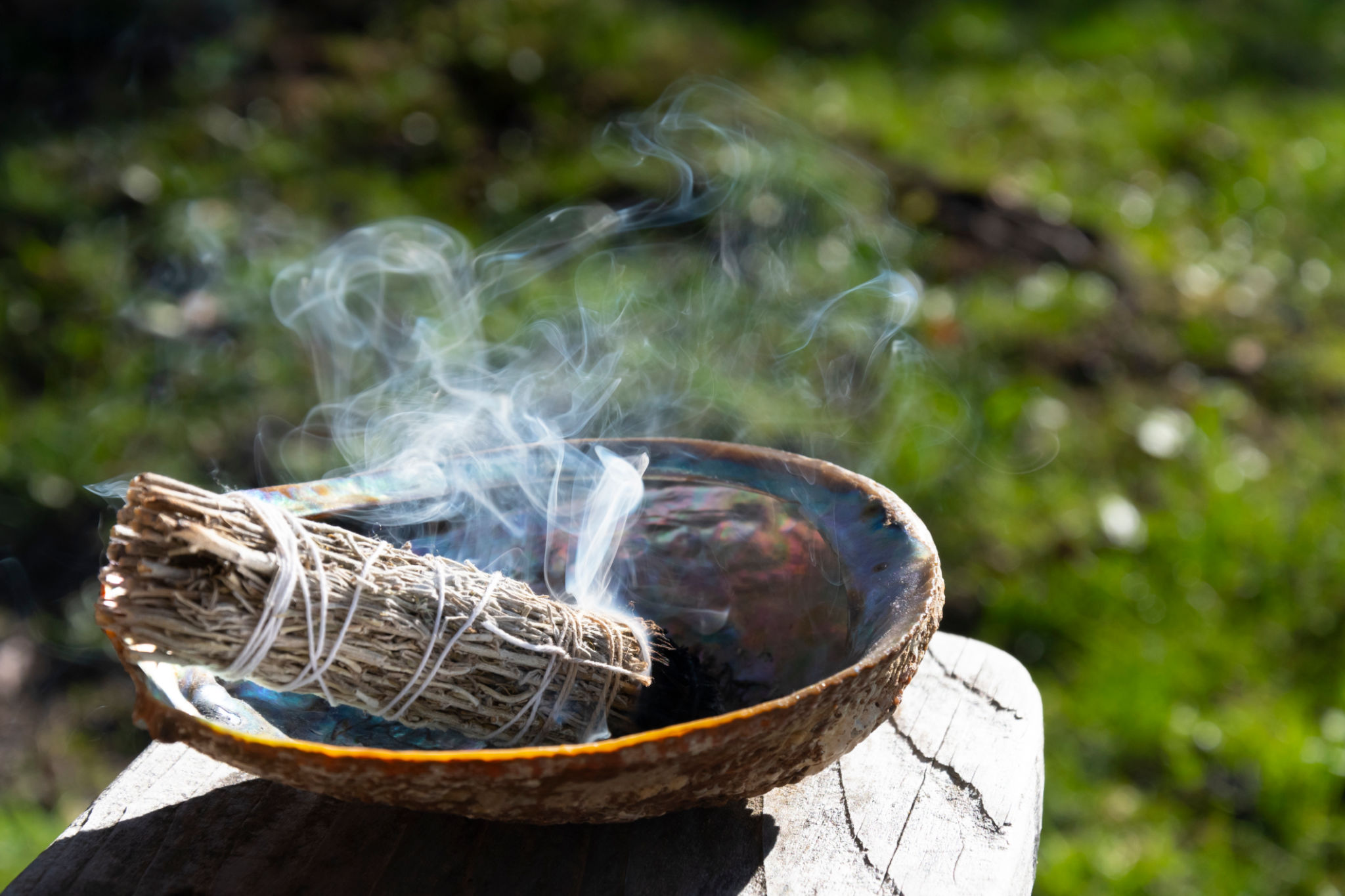"Chosen by the Gods": A Burden, Not a Badge in Germanic Heathenry
In today’s modern Heathen and Pagan spaces, the phrase “chosen by the gods” is often spoken with pride—sometimes even used as a spiritual status symbol. But when we peel back the layers of modern projection and examine how the pre-Christian Germanic peoples actually understood the gods and their relationships with mortals, a very different picture emerges.
To our ancestors, the gods were not recruiters of divine elite. They were not gatekeepers to heaven, nor moral overseers assigning worth. They were kin, patrons, distant forces, ancestral memories, and at times, terrifying powers to be respected more than embraced. If one was "chosen" by the gods, it meant stepping onto a path of Wyrd, where personal sacrifice, hardship, and transformation were not only expected—they were inevitable.

What the Sources Say: Gods as Forces of Wyrd and Fate
Our clearest window into the worldview of the early Germanic peoples comes from a handful of sources—some native, many external. In Germania (c. 98 CE), the Roman historian Tacitus described how Germanic tribes sought the will of the gods through divination—watching the flight of birds, the behavior of sacred horses, and the outcomes of lots cast in ritual. The gods revealed themselves through signs—not sermons.
And when the gods did show up, it was rarely to offer comfort. In the Poetic Edda and sagas like the Volsunga Saga, we see the gods—particularly Óðinn—intervening in human lives in ways that are often destructive, tragic, or ambiguous. Sigurd, Brynhild, and other legendary figures were “chosen” not to live peaceful lives, but to walk harrowing paths of violence, loss, and destiny.
Being chosen was not about validation. It was about being claimed—bound into a larger weave of fate (Wyrd) whose outcome was rarely favorable in any conventional sense.

The Cost of Divine Attention
If we follow the thread through lore and tradition, we see that divine selection is always paired with ordeal. Those who attract the eye of Óðinn often suffer madness, poetic frenzy, or restless wandering. Consider the figure of the berserkr—a warrior who, in his battle-fury, becomes possessed by something more-than-human. Or the seiðr-worker, who, by aligning with hidden forces, often suffers social isolation or a break with cultural norms (especially among men).
This is not a cozy relationship with a “patron deity.” It’s transformation through fire. Those touched by the gods in the old stories come back changed—or don’t come back at all.
Even the gods themselves were subject to fate. The Nornir spun the threads of Wyrd for gods and men alike. Óðinn himself was bound to seek knowledge at any cost—sacrificing an eye, hanging from the tree Yggdrasill, sacrificing himself to himself. If the Allfather could not escape sacrifice, why would we?

Modern Misunderstandings
So why do modern Heathens cling to the idea of being “chosen” as a form of spiritual validation?
Part of the reason may lie in unconscious Christian influence—the idea of divine election, of being favored or saved by a higher power. But the Germanic worldview was far less comforting and far more reciprocal. The gods do not call without demanding something in return. There are no free blessings—only exchanges.
When someone today claims they are “chosen by the gods,” it invites important questions:
- What does that mean in action, not just identity?
- What burdens or responsibilities have you taken on?
- What sacrifices have you made?
- How has your Wyrd—your fate—been shaped by that encounter?
Because in the ancient world, being chosen was not a badge of honor. It was a burden. It was being drawn into the greater weave of Wyrd, often without warning, and seldom with mercy.

Conclusion: Burned Into the Weave
The gods of our ancestors were not kind in the ways we often expect. They were true, demanding, and woven into the very fabric of the world. To be chosen by them was to be marked—sometimes to be broken and reforged.
So before you claim the gods have chosen you, ask yourself:
Are you walking the path, or just wearing the label?
The Old Ways teach us that the gods choose not for ease, but for purpose—and that purpose may burn before it blesses.